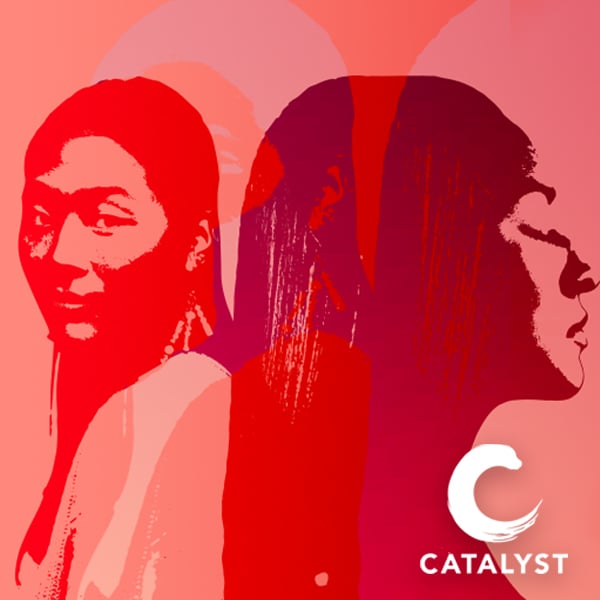Intersectionality
Intersectionality is a framework for understanding how social identities—such as gender, race, ethnicity, social class, religion, sexual orientation, ability, and gender identity—overlap with one another and with systems of power that oppress and advantage people in the workplace and broader community. Applying this perspective to your work is critical to building a more inclusive working environment.
Results
World of Voices
This series amplifies the voices of employees from marginalized racial, ethnic, and cultural groups; provides global business leaders with data-driven, intersectional insights; and helps organizations not only drive positive change but also illuminate a path forward for equity and inclusion.

Career Pathways for People From Marginalized Groups (Practices)
How Uber and Ulta Beauty create equitable career opportunities for people from marginalized groups in their organizations.

Women of Color in the United States (Quick Take)
Women of color will be the majority of all women in the United States by 2060.

Next Gen Technologists: Innovating with Latine Women (Webinar)
For Hispanic/Latine Heritage Month, we explore how Latine women are changing the tech landscape.
Move Beyond Performative Support for LGBTQIA+ Colleagues (Webinar)
Join this webinar and dive into being an advocate and creating more inclusivity for LGBTQIA+ team members.

How the 2022 Iran Uprising Affects Your Employees — And How You Can Support Them (Blog Post)
Two Catalyst staff members of Iranian descent call on leaders to support employees during this unique moment.
Majority of Employees from Marginalized Racial and Ethnic Groups Experience Emotional Tax in Five Countries (Media Release)
Catalyst research shows 61% of employees of color experience being on guard to protect against race, ethnicity, or gender bias.
Emotional Tax and Work Teams (Infographic)
View the key findings from the Catalyst report, Emotional Tax and Work Teams: A View From 5 Countries.

Emotional Tax and Work Teams (Report)
This report reveals that experiences of emotional tax in the workplace are pervasive in Australia, Brazil, Canada, UK, and US.

Words Aren’t Enough: The Risks of Performative Policies (Webinar Recording)
Discover tools for successfully implementing genuine policies and hear practical steps from DEI leaders for driving equity and inclusion.

Menopause in the Workplace (Topic Overview)
When people experiencing menopause are not adequately supported, they may feel and/or be excluded from leadership, leading to attrition.

Latinx Women Looking Ahead — Lessons Learned From Pioneering Women in Pay Equity (Webinar Recording)
Learn what Latina advocates for women at work are doing and what women can do today to demand more.
Microaggressions Workshop
Define microaggression and key related terms and probe pain points that prevent us from talking about and addressing microaggressions.
Employees Say Racial Equity Policies Are Not Genuine (Media Release)
New Catalyst research shows that many employees feel their organizations’ Covid-19 and racial equity policies are not genuine.
Forging the Path to True Workplace Inclusion for LGBTQ+ Employees (Webinar Recording)
Speakers will share their lived experiences, teach best practices from their organization, and discuss actionable steps for LGBTQ+ progress.

Prioritizing Asian/Pacific Island Communities’ Experiences in the Workplace (Webinar Recording)
Organizational leaders examine where we are now with regard to Asian and Pacific Islander women’s workplace experiences.

Why DEI Matters: Knowledge Burst
Learn the benefits of DEI and start to build competencies to better manage diverse teams and grow your leadership skills.

Race, Racism, and Canada: Knowledge Burst
Start your journey of learning about race and racism in Canada, and gain a foundation of knowledge to build on.
Women CEOs in Underrepresented Groups (List)
Women, women of color, women born outside of the United States, and LGBT women are underrepresented in the Fortune 500.

The Business Case for Retaining Black Women (Webinar Recording)
Listen to our panel discuss in what ways can organizations appeal to this ambitious group of employees and exceed their bottom lines.